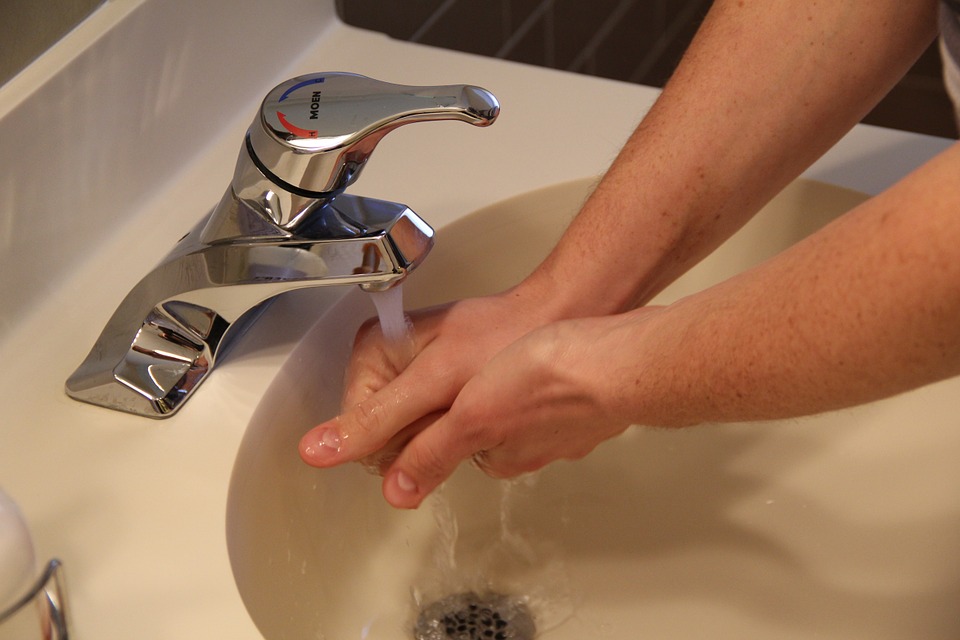Health improving skill should be mastered by children and adults
The autumn and winter months have very much arrived and with this come an invasion of germs, diseases and illnesses.Cold and flu season is dreaded by parents and practitioners with everyone being affected at some point during the season. The question many ask is ‘How can this be prevented?’, with parents and practitioners trying a multitude of things to prevent the spread of infection and disease. Many follow infection control guidelines and make restrictions on children entering the setting however this cannot be applied to the common cold.
Parents and practitioners try taking and giving extra vitamins, parents begin requesting that children do not go outside in the cold, exercise is advised, drinking water, having a healthy diet, avoiding others, the list in endless but there may be one simple skill which if followed and learnt effectively can reduce the spread of infection and reduce the amount of children and adults suffering from coughs and colds over the next few months.

What skill needs to be learnt?
This is a simple skill which is often spoke about but is not done often enough or effectively enough. It is simply HAND WASHING.
The Centre for disease control and prevention states that illnesses such as coughs and colds can be reduced by up to 21% if hand washing is done properly and often enough. This may mean that almost a quarter of children’s health can be improved by teaching them how to properly wash their hands. This skill is particularly important for those in the early years as children are at a high risk of catching infections and diseases as they have less developed immune systems. Teaching children this skill early will offer them some protection for the rest of their lives against various illnesses, offering them improved health, less time missed off school and improved life chances
How and when?
Hands should be washed before eating meals, when preparing or serving meals, preparing bottles, using the toilet, handling animals, changing nappies, handling rubbish etc…
The correct way to wash hands involves warm water, soap and scrubbing. Hands should be fully wet and lathered in soap. It is ineffective to simply get fingertips wet or splash in the water quickly. Reminding children to wash their hands is important as they often forget as they can be in a rush to move on to the next activity. Enforcing good technique is also important so it is crucial that adults learn how to properly wash their own hands.
Soap and water is more effective then hand gel so hands so be washed using soap and water whenever possible.
Promoting hand washing
· Place picture cards above sinks showing the correct stages to hand washing
· Place routine cards on toilets to remind children to wash hands after using the toilet
· Encourage children to sing a whole rhyme or song while they wash their hands so that they wash their hands for the full 20 seconds minimum that are recommended
· Ensure everyone including adults wash their hands when there is food around
· Put posters around the building reminding everyone to washing their hands
· Supply antibacterial gel so parents entering and leaving the building can keep their hands clean
Leave a Reply